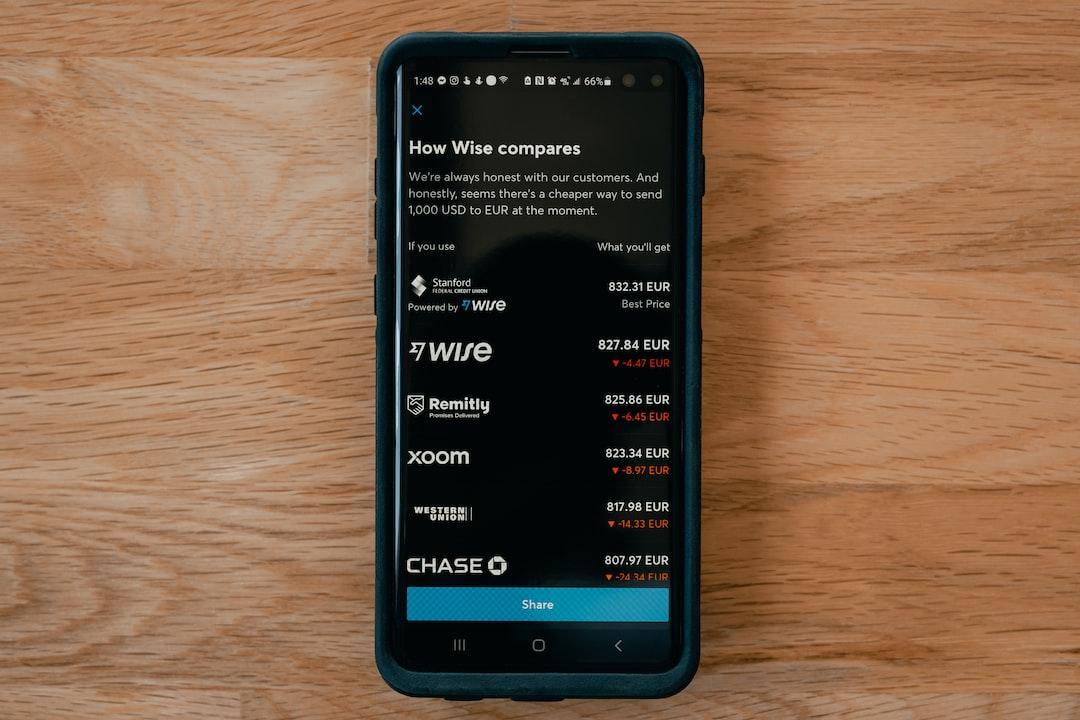Singapore issues a warning to businesses regarding the risks of Bitcoin ransomware, particularly the Akira Ransomware Singapore variant. Authorities in the Lion City have raised concerns about the increasing threat posed by this ransomware, urging local businesses to be vigilant.
The Cyber Security Agency of Singapore (CSA), the Singapore Police Force (SPF), and the Personal Data Protection Commission (PDPC) joined forces to release an advisory on the Akira ransomware following a surge in cyberattacks in the country. The ransomware syndicate targets organizations, taking control of their computer systems and data. Victims are then required to pay a cryptocurrency ransom to regain access to their systems.
In response to the threat, Singaporean authorities have not only issued a public warning about the ransomware but also provided guidance on how to minimize its impact. They strongly advise victims against paying the ransom, as there is no guarantee that the data will be decrypted or that the threat actors will not expose sensitive information.
To counter the threat, the Cyber Security Agency recommends implementing recovery plans, multi-factor authentication, network traffic filtering, disabling unused ports, and system-wide encryption. The escalating danger from Akira and other ransomware groups is part of a global trend of crypto-related ransomware attacks.
In recent reports, it was revealed that the Akira ransomware had stolen $42 million from 250 firms across North America, Europe, and Australia in the past year. Ransomware payments reached $1 billion in 2023, highlighting the scale of these cybercriminal operations. These attacks have primarily targeted large institutions such as hospitals, schools, and government agencies, resulting in significant financial losses.
Furthermore, cryptocurrency theft via cyber heists and ransomware has become a lucrative source of funding for state-sponsored hacking operations, such as those conducted by North Korean hackers. In May 2024, North Korean hackers deployed malware called “Durian” to target crypto firms in South Korea, allowing them to execute commands, download files, and steal sensitive information.
The rising threat of ransomware attacks underscores the importance of cybersecurity measures and vigilance in protecting businesses from malicious actors in the digital realm.


